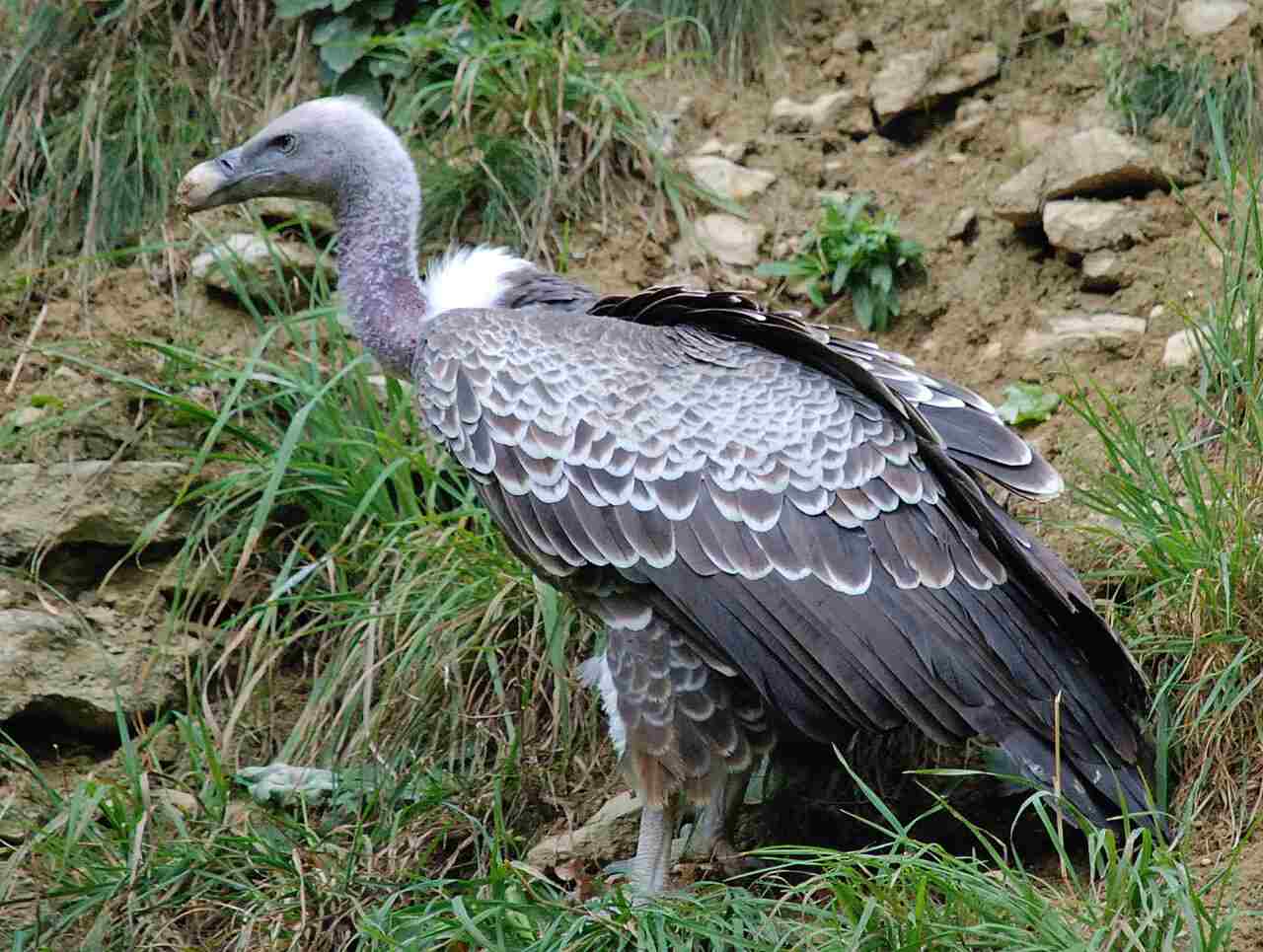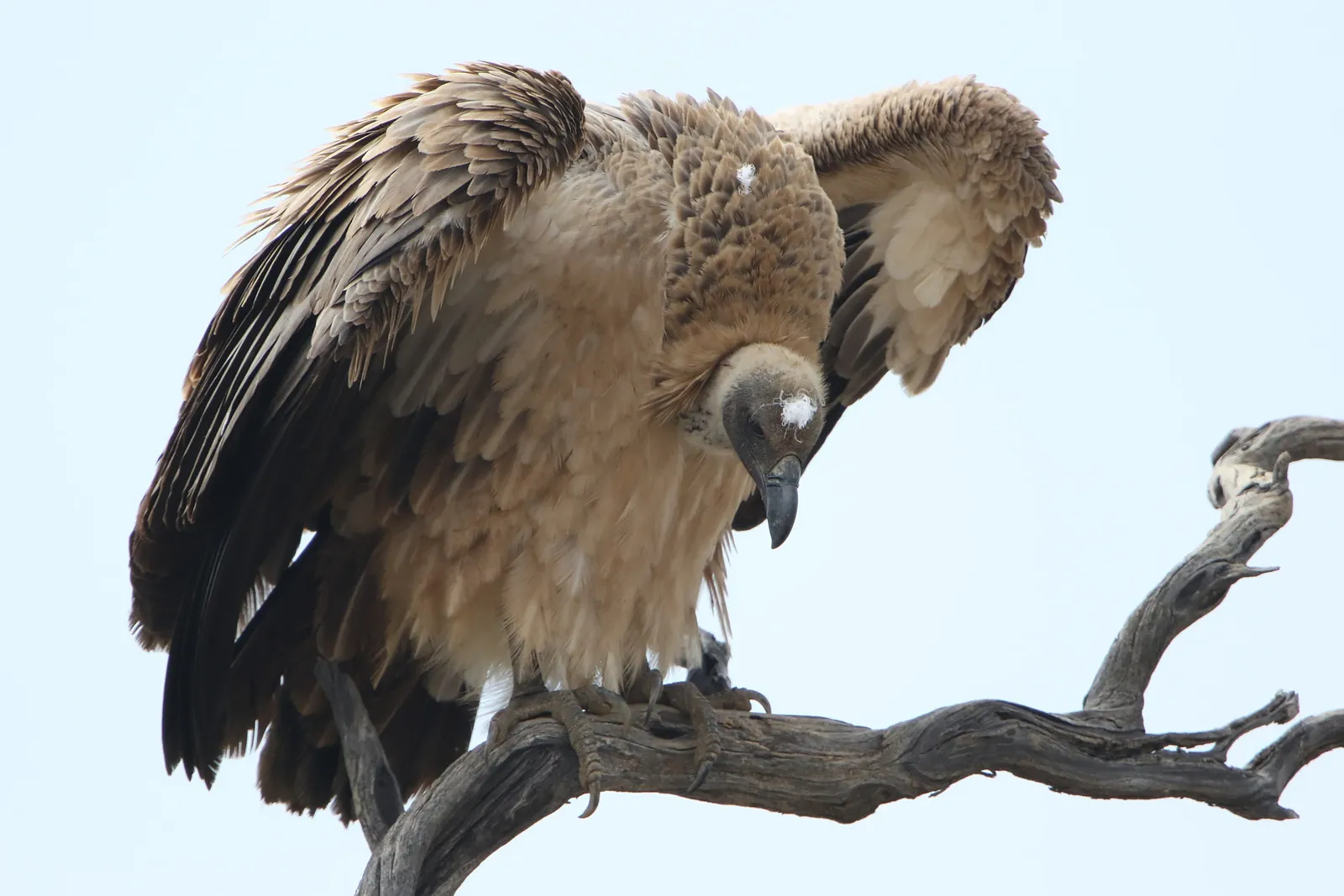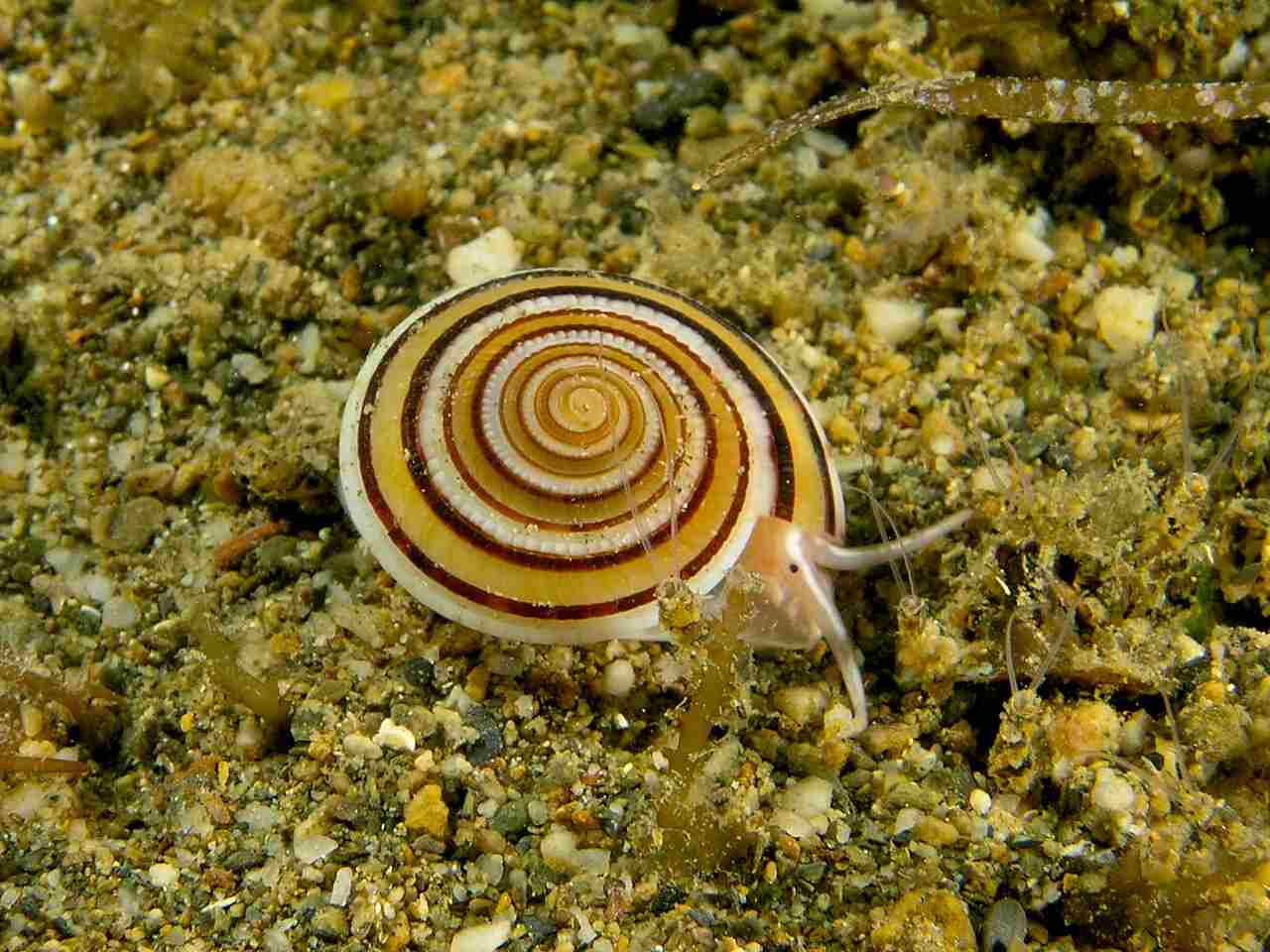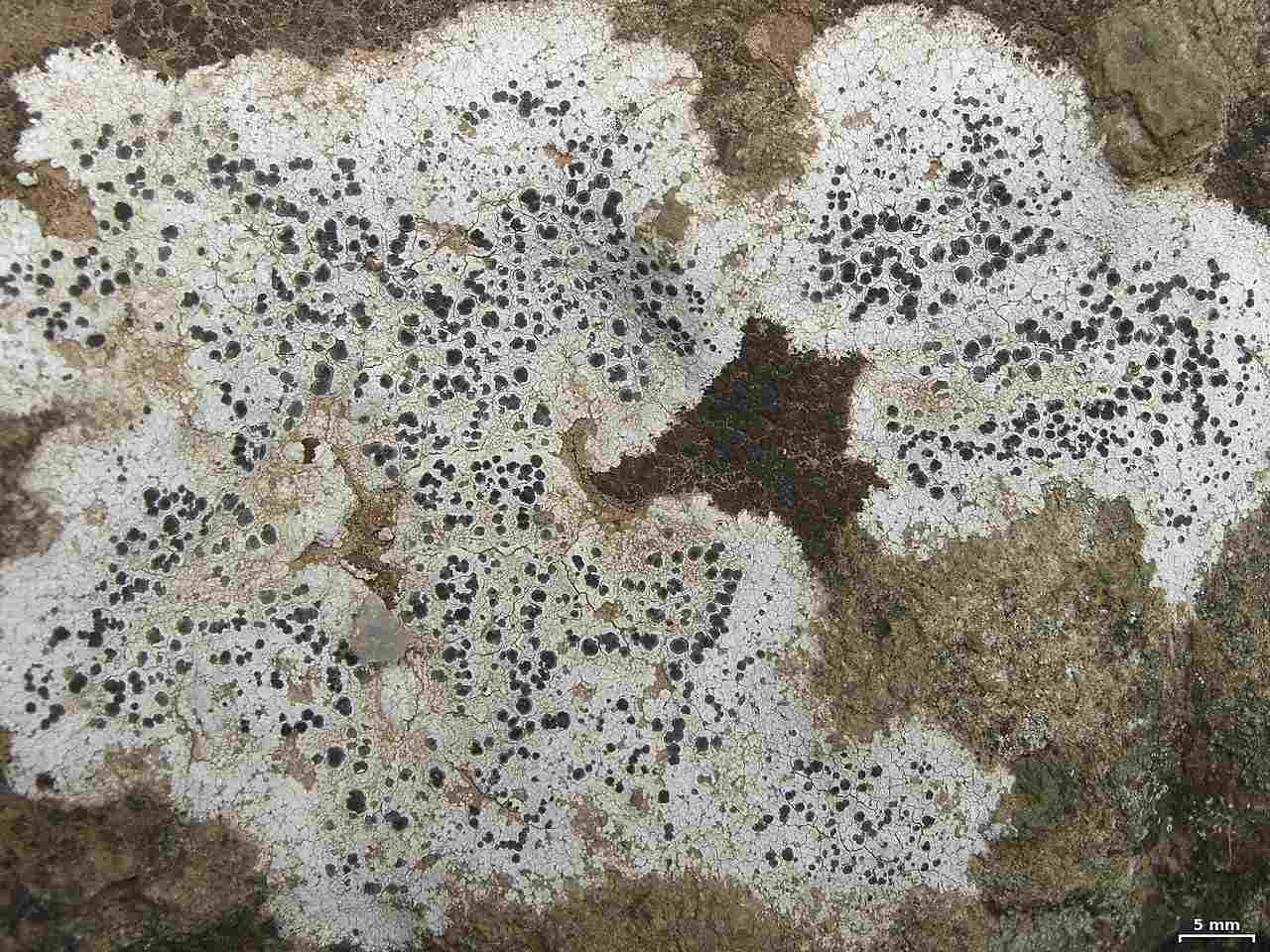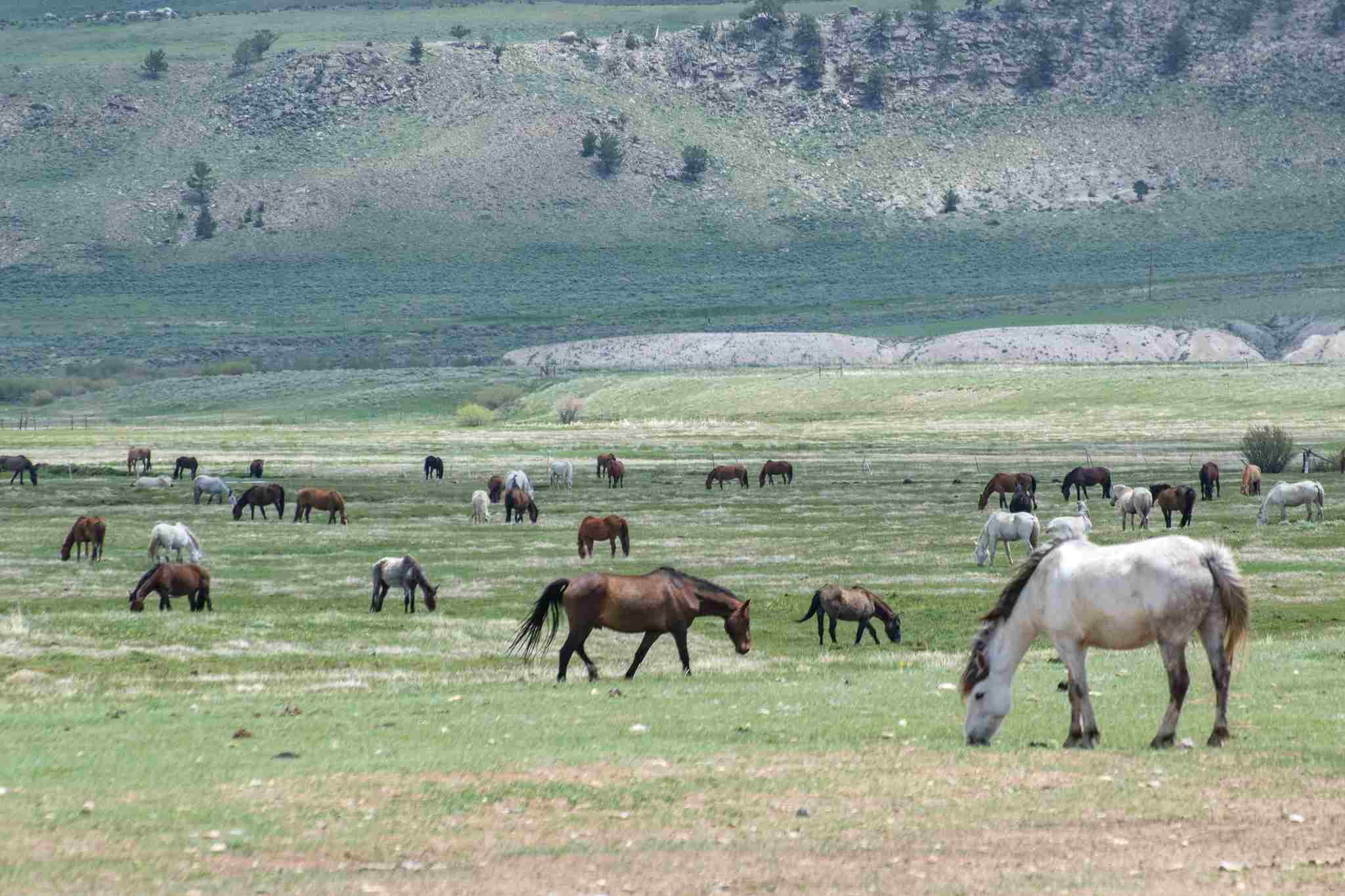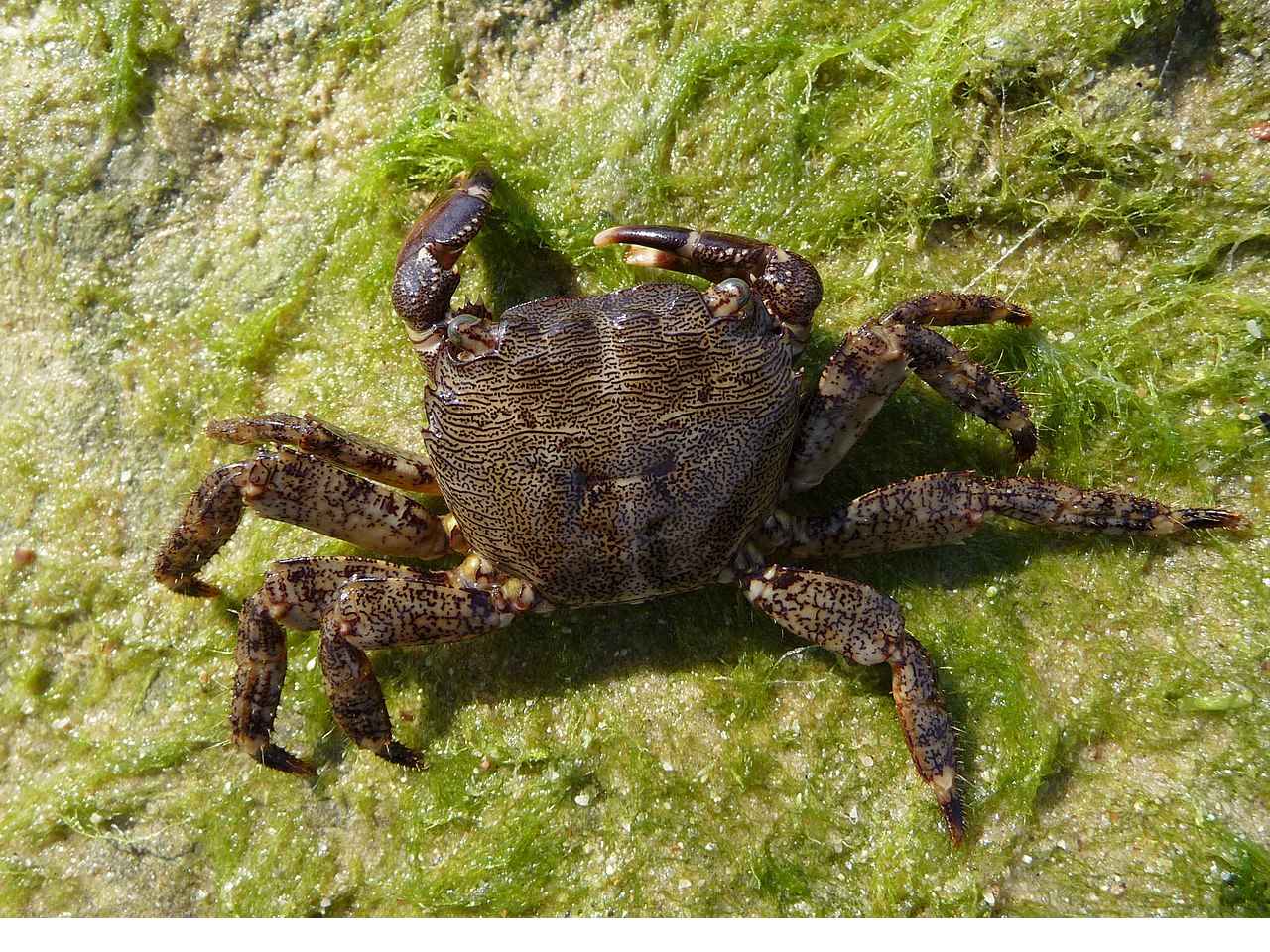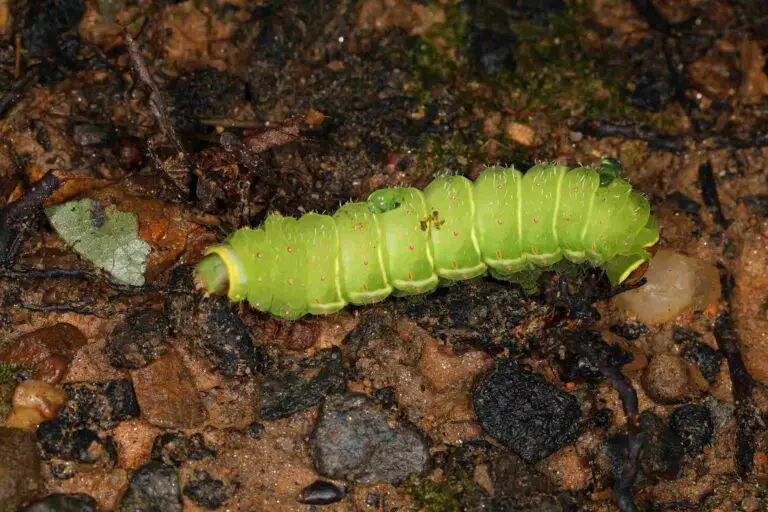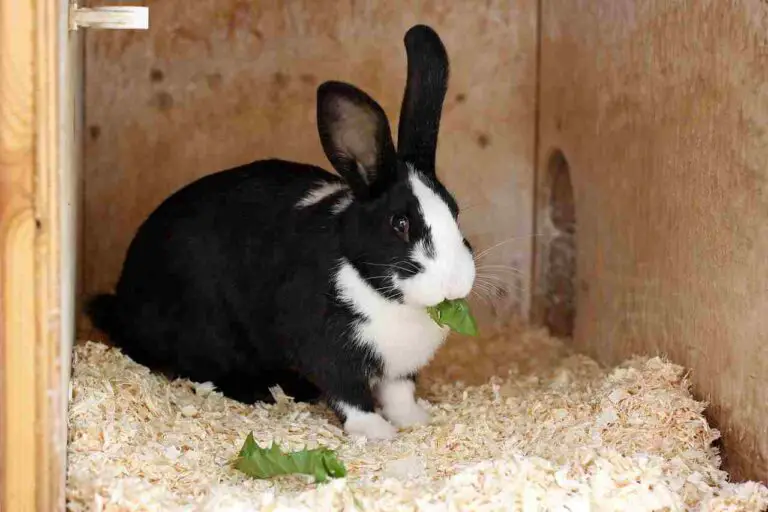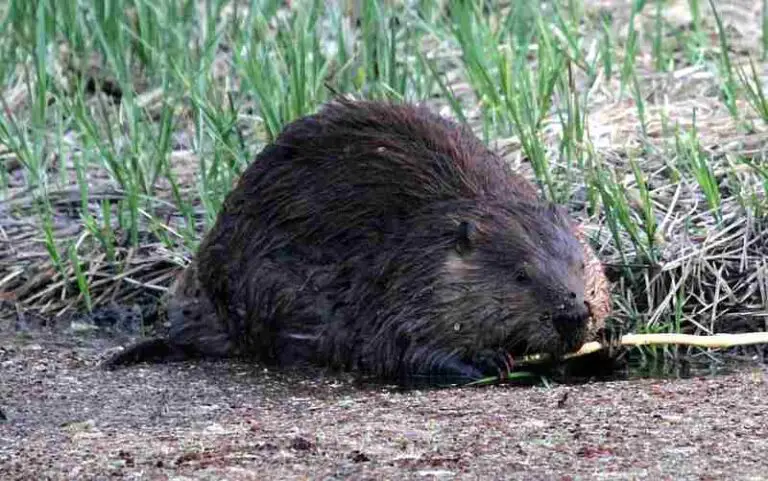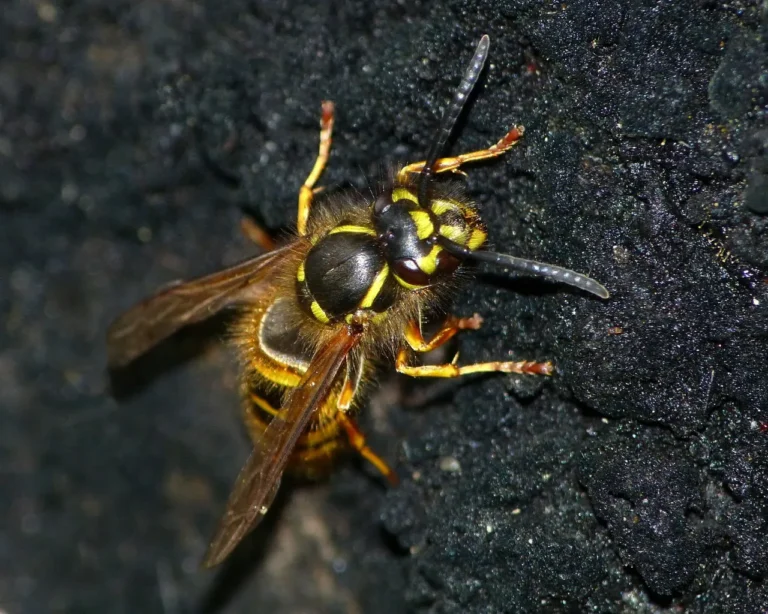Are Vultures Scavengers? Vulture Food Chain Position and Role
Vultures are indeed scavengers, primarily feeding on the carcasses of dead animals. Their keen eyesight and acute sense of smell help them locate carrion from great distances. As scavengers, vultures play a crucial role in ecosystems by efficiently cleaning up and recycling organic matter, preventing the spread of diseases, and maintaining ecological balance.
Reasons Why Vultures are Scavengers
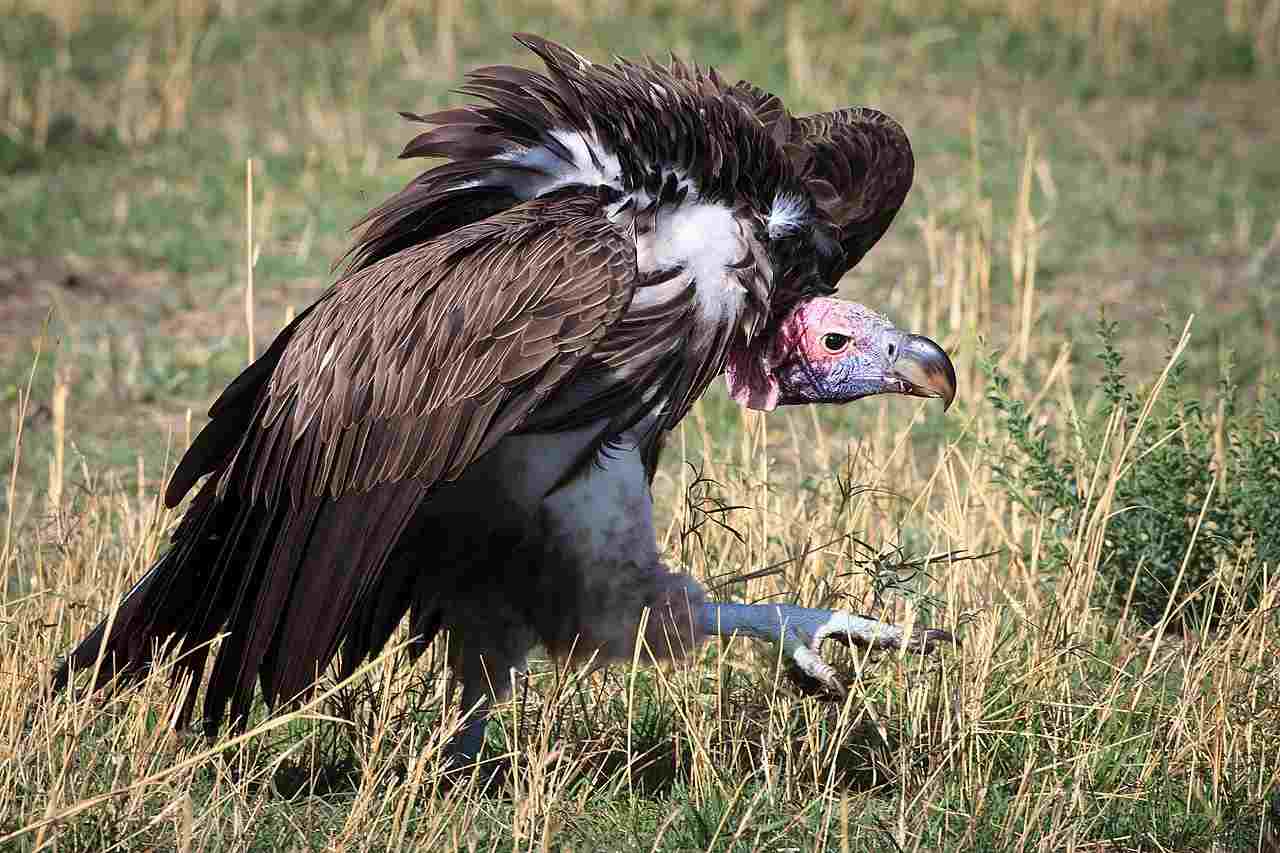
-
Adaptations for scavenging: Vultures possess specialized adaptations such as strong beaks for tearing flesh and a digestive system that can handle bacteria and toxins present in decaying meat.
-
Efficient cleaners: Their scavenging behavior helps prevent the accumulation of carcasses, reducing the risk of disease outbreaks and maintaining overall ecosystem health.
-
Ecological role: By consuming carrion, vultures recycle nutrients back into the environment, contributing to the nutrient cycle and supporting the growth of vegetation.
-
Competitive advantage: Vultures have evolved to exploit carcasses efficiently, allowing them to thrive in environments where carrion is abundant, such as grasslands, savannas, and deserts.
Are Vultures Carnivores?
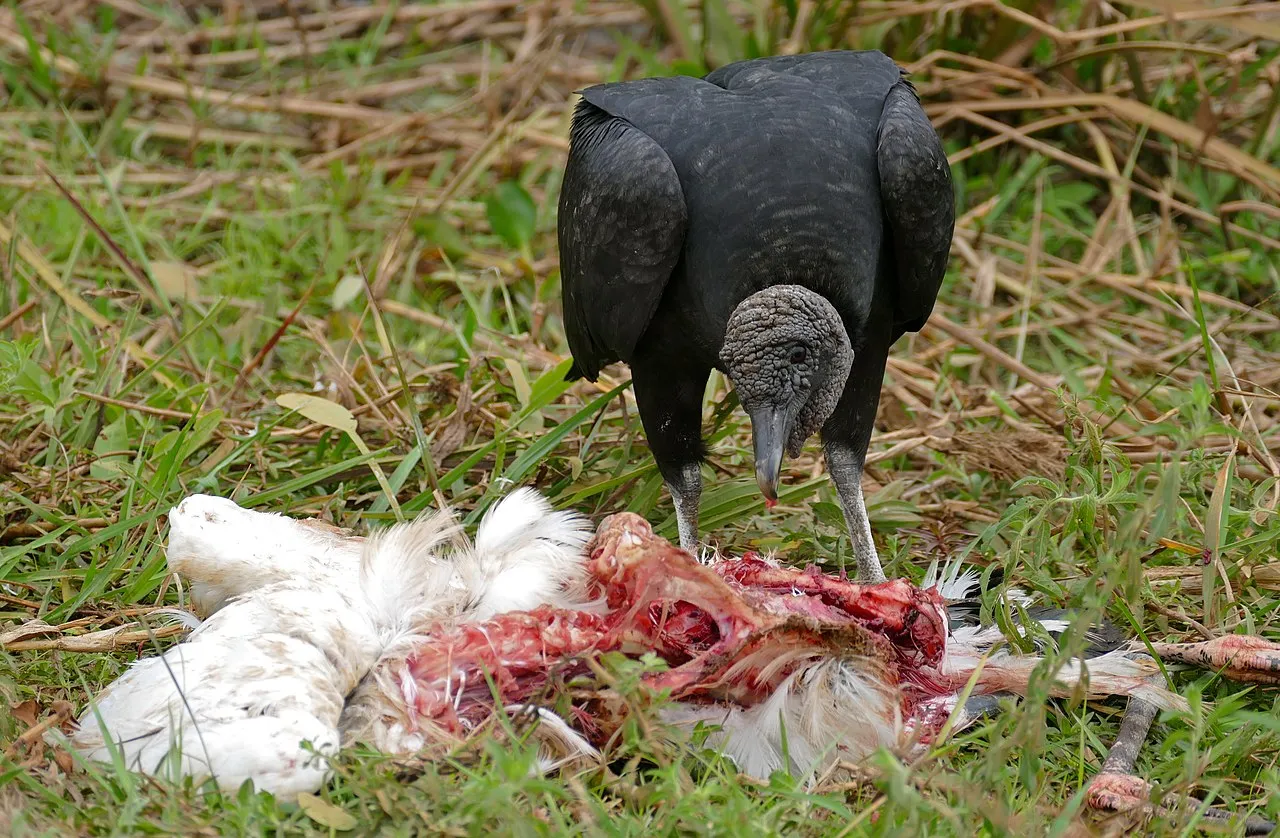
Vultures are considered carnivores in some classification schemes due to their consumption of animal flesh or biomass. However, they do not fit the traditional or typical definition of carnivores. Instead, they are specialized scavengers that primarily feed on carrion. While they consume meat, they do not actively hunt or kill prey like typical carnivores. Therefore, while vultures can be classified as carnivores in certain contexts, their feeding behavior differs significantly from that of other carnivorous species.
Reasons Why Vultures are Not Carnivores in a Traditional Sense
-
Feeding behavior: Unlike traditional carnivores, vultures do not actively hunt or kill prey. Instead, they rely on scavenging carrion as their primary food source.
-
Dependency on carrion: Vultures are highly specialized scavengers, depending on the availability of dead animals for sustenance. They lack the hunting prowess and predatory instincts characteristic of typical carnivores.
-
Role in ecosystems: While carnivores play a crucial role in controlling prey populations, vultures primarily contribute to ecosystem health by cleaning up carcasses and preventing the spread of disease, rather than regulating prey populations through predation.
-
Physiological adaptations: Vultures have evolved unique adaptations, such as powerful digestive enzymes and a strong immune system, suited for processing carrion rather than capturing and consuming live prey.
Are Vultures Omnivores?
Vultures are not considered omnivores. They have a specialized diet primarily consisting of carrion, making them obligate scavengers. Unlike omnivores, which have a broader diet including both plant and animal matter, vultures rely exclusively on dead animals for sustenance. Their digestive systems are adapted to efficiently process meat and handle bacteria and toxins present in decaying flesh. Therefore, vultures do not exhibit the dietary flexibility characteristic of omnivorous species.
Reasons Why Vultures are Not Omnivores
-
Dietary specialization: Vultures have evolved to specialize in scavenging carrion, making them obligate scavengers with a limited diet focused solely on animal flesh.
-
Anatomy and physiology: Their digestive systems are adapted specifically for processing meat, lacking the ability to efficiently digest plant matter typically consumed by omnivores.
-
Behavioral traits: Vultures exhibit feeding behaviors consistent with scavenging, such as congregating around carcasses and relying on their keen senses to locate carrion, rather than foraging for a variety of food sources like omnivores.
-
Ecological niche: Vultures occupy a distinct ecological niche as scavengers, playing a vital role in cleaning up carcasses and preventing the spread of diseases, which differs from the ecological roles of omnivorous species.
How Do Vultures Eat?
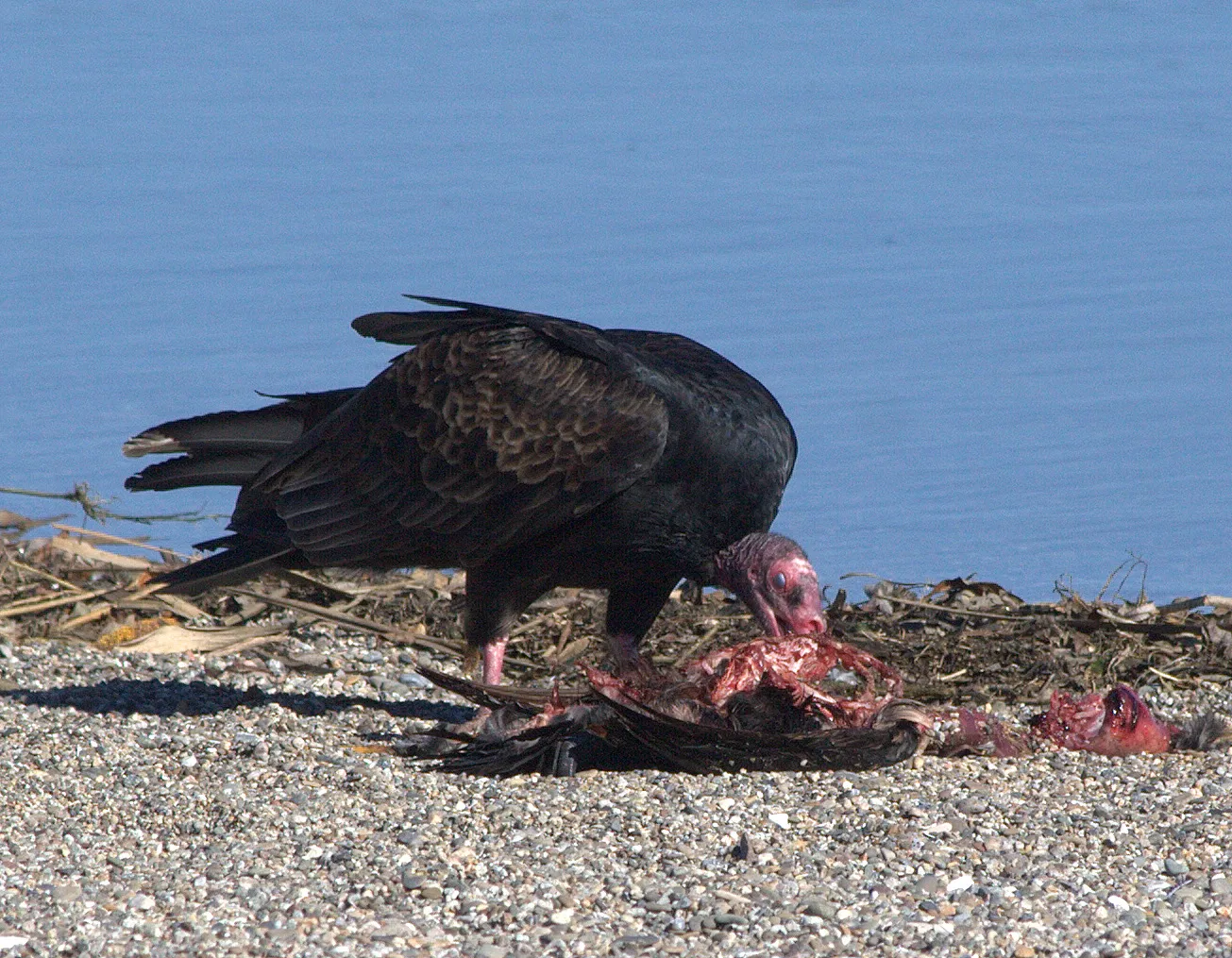
Vultures employ several techniques to consume carrion efficiently:
-
Scavenging: Vultures locate carrion using their keen eyesight and sense of smell. They often gather in groups around carcasses, especially when the prey is large.
-
Tearing: Their strong, hooked beaks are adept at tearing through tough flesh and breaking into carcasses to access the meat inside.
-
Digestion: Vultures have powerful stomach acids that allow them to digest meat that may be infected with bacteria or toxins. This ability helps prevent the vultures themselves from becoming ill from consuming carrion.
-
Competitive feeding: Vultures must often compete with other scavengers, such as hyenas and jackals, for access to carrion. Their large size and intimidating presence often allow them to dominate these feeding competitions.
-
Efficient feeding: Vultures consume carrion quickly, minimizing the risk of other scavengers stealing their meal. They can also eat large quantities of meat in a short period, aiding in the rapid cleanup of carcasses.
Why are Vultures Important?
Vultures are important in ecosystems for several reasons:
-
Carcass disposal: Vultures efficiently clean up carcasses, preventing the spread of disease and maintaining overall hygiene in the environment.
-
Nutrient recycling: By consuming carrion, vultures recycle nutrients back into the ecosystem, enriching the soil and supporting plant growth.
-
Population control: Vultures help regulate populations of scavenger species by competing for and consuming carrion, thereby preventing overpopulation of certain scavenger species.
-
Indicator of ecosystem health: The presence and behavior of vultures can indicate the health of an ecosystem. Declines in vulture populations may signal environmental disturbances or the presence of toxins in the environment.
-
Cultural significance: Vultures have cultural significance in many societies and are often associated with symbols of cleanliness, death, and rebirth. In some cultures, they are revered as sacred animals.
In general, vultures play a vital role in maintaining ecological balance and are essential for the health and functioning of ecosystems worldwide.
Do Vultures Eat The Remains Of Dead Animals?
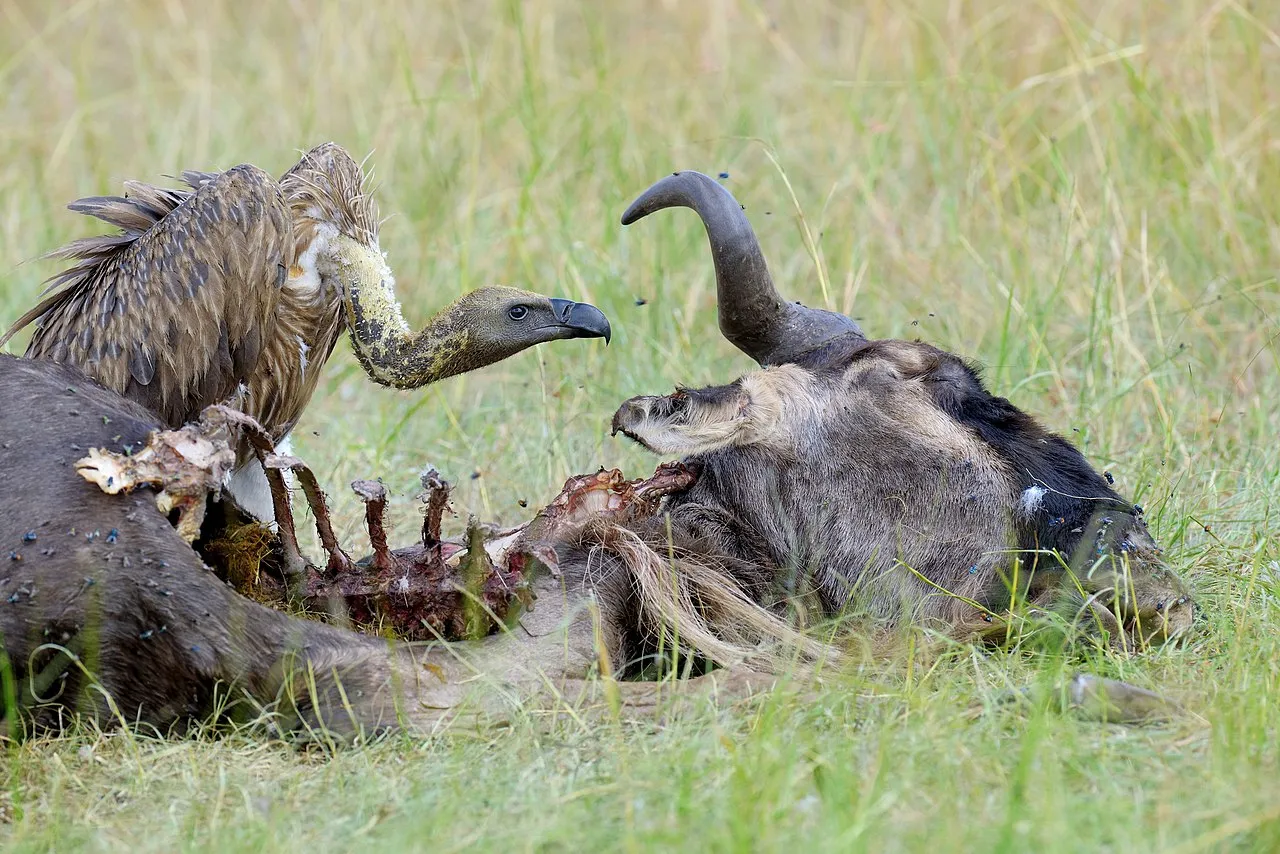
Yes, vultures primarily feed on the remains of dead animals, a behavior known as scavenging. They play a crucial role in ecosystems by efficiently cleaning up carcasses, which helps prevent the spread of disease and maintains overall environmental hygiene. Vultures possess specialized adaptations for scavenging, such as strong beaks for tearing flesh and a digestive system capable of handling bacteria and toxins present in decaying meat. Their scavenging behavior contributes to nutrient recycling and supports the growth of vegetation, making them important contributors to ecosystem health.
Are Eagles And Vultures Scavengers?
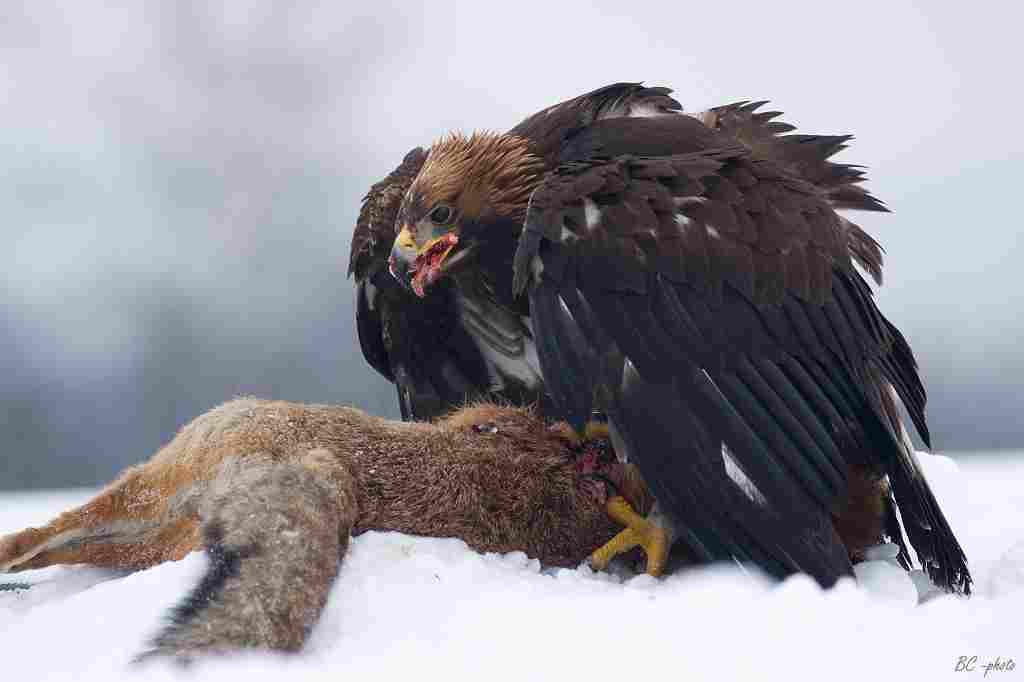
Yes, both eagles and vultures can act as scavengers. While they belong to different taxonomic families and have distinct ecological roles, they share a similar feeding behavior of consuming carrion. Eagles are primarily birds of prey, known for hunting and killing live prey, but they will also scavenge if the opportunity arises. Vultures, on the other hand, are specialized scavengers with adaptations for feeding on carrion as their primary food source. Despite these differences, both eagles and vultures play important roles in cleaning up and recycling organic matter in ecosystems.
Are Vultures Scavengers Or Decomposers?
Vultures are primarily scavengers rather than decomposers. While they contribute to the decomposition process indirectly by consuming carrion, their main role is to clean up carcasses rather than break them down into simpler organic compounds. Vultures do not possess the same level of microbial activity or enzymatic processes involved in decomposition that typical decomposers, such as bacteria and fungi, exhibit. Instead, vultures rely on their specialized adaptations to consume and digest animal flesh efficiently. Therefore, while vultures play a crucial role in the disposal of dead animals, they are not considered traditional decomposers in the same sense as microorganisms.
Reasons Why Vultures are Decomposers According to Some Studies/Schemes
-
Contribution to nutrient cycling: While vultures primarily scavenge carrion, their digestion process still breaks down organic matter into simpler compounds, releasing nutrients back into the environment. This indirect contribution to nutrient cycling aligns with the role of decomposers in ecosystems.
-
Microbial interaction: Vultures’ digestive systems harbor a diverse microbial community, which aids in the breakdown of carrion. These microbes play a role in the initial stages of decomposition, similar to those found in traditional decomposers.
-
Impact on soil health: Vulture droppings, or guano, contain nutrients derived from the carrion they consume. When deposited on the ground, these nutrients can enhance soil fertility and microbial activity, further facilitating the decomposition process.
-
Secondary decomposition: After vultures have consumed carrion, remaining carcass fragments are more accessible to traditional decomposers like bacteria and fungi. Therefore, vultures indirectly facilitate the decomposition process by making carrion more accessible to these microorganisms.
While vultures may not fit the traditional definition of decomposers, their scavenging behavior and associated ecological processes contribute to ecosystem decomposition dynamics in various ways, leading some studies or schemes to categorize them as decomposers.
Are Vultures Scavengers In The Ocean?
Vultures primarily scavenge on land and are not commonly found scavenging in the ocean. However, there are seabirds, such as albatrosses and gulls, that fill a similar ecological niche as vultures but in marine environments. These seabirds are opportunistic feeders, scavenging on carrion, fish, and other marine organisms. While vultures are not typically associated with ocean scavenging, their terrestrial counterparts play a crucial role in cleaning up carcasses and maintaining ecosystem balance on land.
Is A Vulture A Scavenger Or Carnivore?
A vulture is primarily classified as a scavenger rather than a carnivore. While vultures consume animal flesh, they do so by scavenging carrion rather than actively hunting and killing live prey. This scavenging behavior distinguishes them from traditional carnivores, which rely on predation to obtain food. However, in some classification schemes, vultures may be categorized as carnivores due to their consumption of animal biomass. Nevertheless, their feeding habits and ecological role align more closely with scavengers, as they primarily rely on scavenging carrion for sustenance.
What Makes An Animal A Scavenger?
Several characteristics define scavengers:
-
Diet: Scavengers primarily feed on carrion, which consists of the remains of dead animals. They obtain nutrients by consuming the flesh of dead animals rather than actively hunting and killing prey.
-
Feeding behavior: Scavengers are opportunistic feeders, often congregating around carcasses to consume them. They rely on their keen senses, such as smell and sight, to locate carrion.
-
Adaptations: Scavengers possess physical adaptations suited for consuming carrion, such as strong beaks or jaws for tearing flesh and digestive systems capable of processing decaying meat.
-
Ecological role: Scavengers play a crucial role in ecosystems by cleaning up carcasses, preventing the spread of disease, and recycling nutrients back into the environment.
In general, scavengers are essential contributors to ecosystem health and function, as they help maintain ecological balance by disposing of dead animal matter and supporting nutrient cycling.
What Is The Specialty Of A Vulture?
The specialty of a vulture lies in its role as a scavenger in ecosystems. Some key aspects of their specialty include:
-
Efficient carrion disposal: Vultures have evolved specialized adaptations, such as keen eyesight and a strong sense of smell, which enable them to locate carrion from great distances. They play a vital role in cleaning up carcasses, thereby preventing the spread of disease and maintaining overall environmental hygiene.
-
Unique feeding adaptations: Vultures possess strong, hooked beaks and powerful digestive systems that allow them to tear through tough flesh and digest carrion efficiently. These adaptations make them highly efficient scavengers capable of consuming large quantities of meat.
-
Contribution to nutrient cycling: Through their scavenging behavior, vultures recycle nutrients back into the environment. By consuming carrion, they facilitate the decomposition process, releasing nutrients that enrich the soil and support plant growth.
-
Indicator of ecosystem health: Vulture populations can serve as indicators of ecosystem health. Declines in vulture populations may signal environmental disturbances or the presence of toxins in the environment, highlighting their importance in monitoring ecosystem dynamics.
Therefore, it can be said that the specialty of vultures lies in their unique role as scavengers, which is essential for maintaining ecosystem balance and health.
What Do Vultures Eat?
Vultures primarily eat carrion, which includes the flesh of dead animals. They are highly specialized scavengers and rely on locating and consuming carcasses as their primary food source. Vultures feed on a wide range of carrion, including mammals, birds, reptiles, and sometimes even fish. They are known to consume both fresh and decaying carcasses, utilizing their strong beaks to tear through tough flesh and their powerful digestive systems to process the meat. Additionally, vultures may scavenge on the remains of animals killed by other predators, further contributing to their role as nature’s cleanup crew.
Why Do Vultures Eat Meat?
Vultures primarily eat meat, specifically carrion, for several reasons:
-
Scavenging adaptation: Vultures have evolved specialized adaptations for scavenging carrion, such as keen eyesight and a strong sense of smell. These adaptations allow them to locate and consume carcasses efficiently.
-
Efficient energy source: Meat provides vultures with a high-energy food source, allowing them to meet their energy requirements without expending energy on hunting and killing prey.
-
Nutrient-rich diet: Carrion contains essential nutrients, including proteins and fats, which vultures need for growth, reproduction, and overall health. Consuming carrion allows vultures to obtain these nutrients without the need to actively hunt.
-
Ecological role: By consuming carrion, vultures play a crucial role in ecosystems by cleaning up carcasses, preventing the spread of disease, and recycling nutrients back into the environment.
The consumption of meat, particularly carrion, is essential for vultures’ survival and their contribution to ecosystem health as efficient scavengers.
Conclusion
Vultures, with their specialized adaptations and unique role as scavengers, play a vital role in ecosystems worldwide. Their ability to efficiently clean up carrion helps maintain environmental hygiene, prevent disease spread, and facilitate nutrient cycling. While they primarily feed on meat, vultures’ scavenging behavior distinguishes them from traditional carnivores, highlighting their importance as nature’s cleanup crew. Understanding the significance of vultures in ecosystems underscores the importance of conserving these remarkable birds and the diverse habitats they inhabit.
*Summary
| Aspect | Summary |
| Role |
Specialized scavengers primarily feeding on carrion.
|
| Behavior |
Efficiently clean up carcasses, preventing disease spread.
|
| Adaptations |
Possess keen senses and powerful digestive systems for scavenging.
|
| Diet |
Consumes meat, but differs from traditional carnivores by not actively hunting prey.
|
| Contribution to Ecosystem |
Facilitates nutrient cycling by recycling nutrients from carrion back into the environment.
|
| Conservation Importance |
Essential for preserving ecosystem balance and biodiversity; understanding and conserving vulture populations is crucial.
|
FAQs about Vultures
- Q: Why are vultures important in ecosystems?
- A: Vultures play a crucial role in ecosystems by efficiently cleaning up carrion, preventing the spread of disease, and recycling nutrients back into the environment.
- Q: How do vultures find carrion?
- A: Vultures locate carrion using their keen eyesight and sense of smell. They often soar high in the sky, scanning the ground below for signs of carcasses.
- Q: Do vultures hunt or kill prey?
- A: Vultures are primarily scavengers and do not actively hunt or kill prey. They rely on consuming carrion as their primary food source.
- Q: Are vultures endangered?
- A: Some vulture species are facing threats such as habitat loss, poisoning, and collisions with power lines. Conservation efforts are underway to protect vulture populations.
- Q: How do vultures digest carrion without getting sick?
- A: Vultures have powerful stomach acids and a robust immune system that allow them to digest carrion, including meat that may be infected with bacteria or toxins, without getting sick.
- Q: Can vultures be kept as pets?
- A: Keeping vultures as pets is illegal in many countries due to their protected status and specialized needs. Additionally, vultures are wild animals and are not suitable as pets.
- Q: What is the lifespan of a vulture?
- A: The lifespan of vultures varies depending on the species, but they typically live for several decades in the wild, with some species living up to 30-40 years or more.
- Q: Are there different types of vultures?
- A: Yes, there are several species of vultures found worldwide, including Old World vultures found in Europe, Africa, and Asia, and New World vultures found in the Americas.
- Q: Do vultures migrate?
- A: Some vulture species are migratory, while others are resident birds that remain in the same area year-round. Migration patterns vary depending on the species and their habitat.
-
Q: How do vultures communicate?
- A: Vultures communicate through vocalizations such as grunts, hisses, and squawks, as well as through body language, such as posture and movements during flight.
